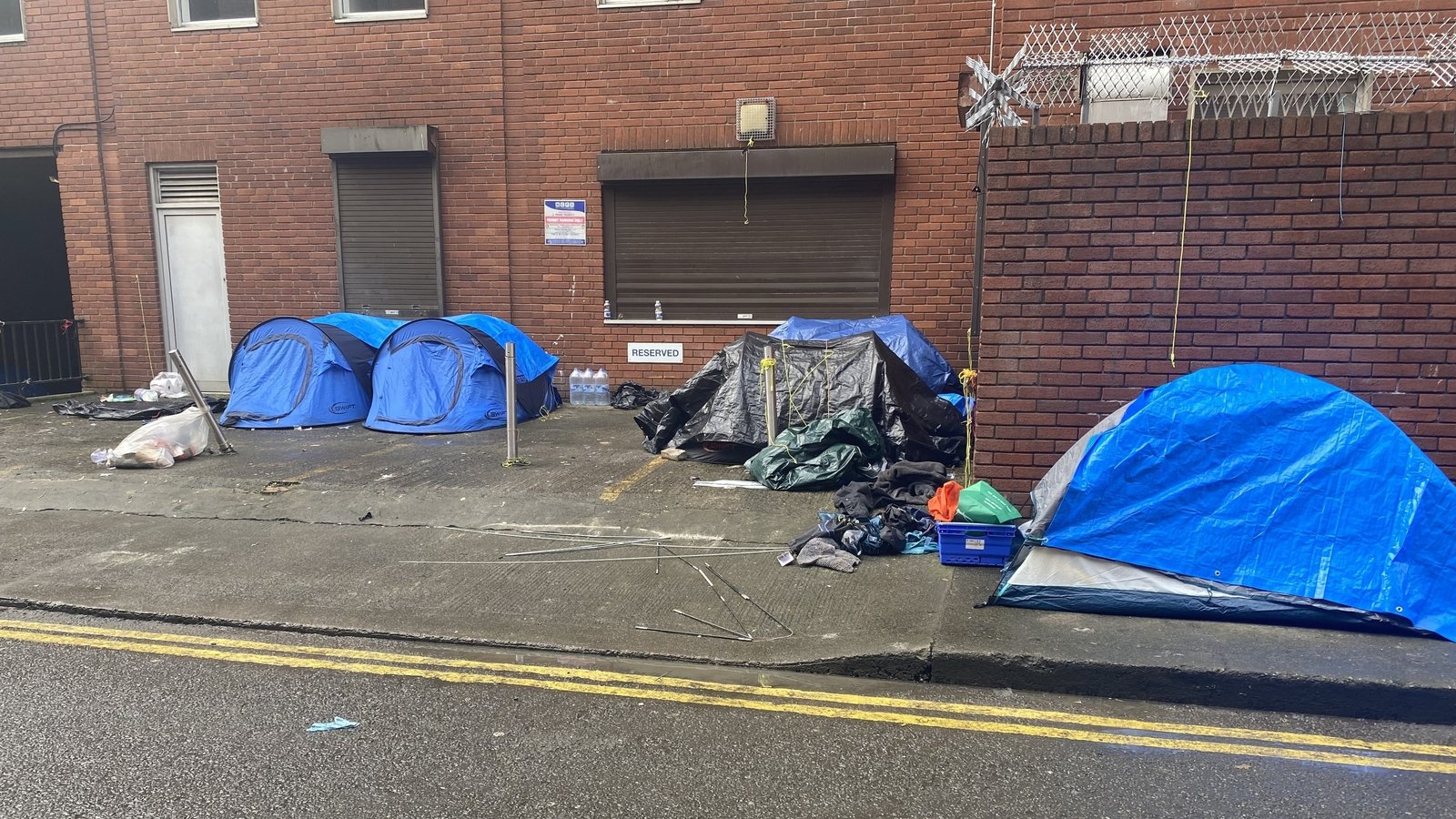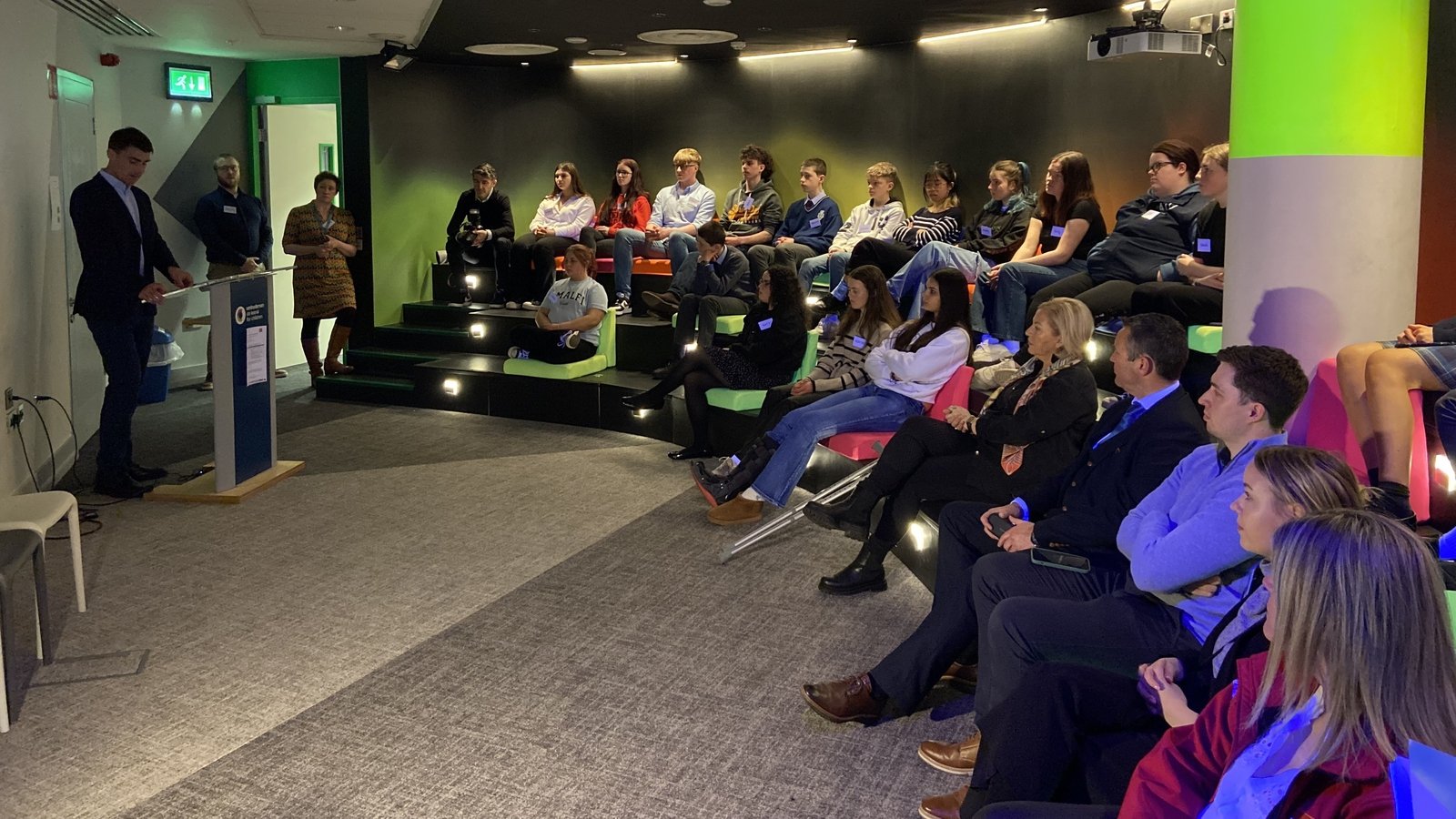Thousands of German farmers block avenue in tax protest
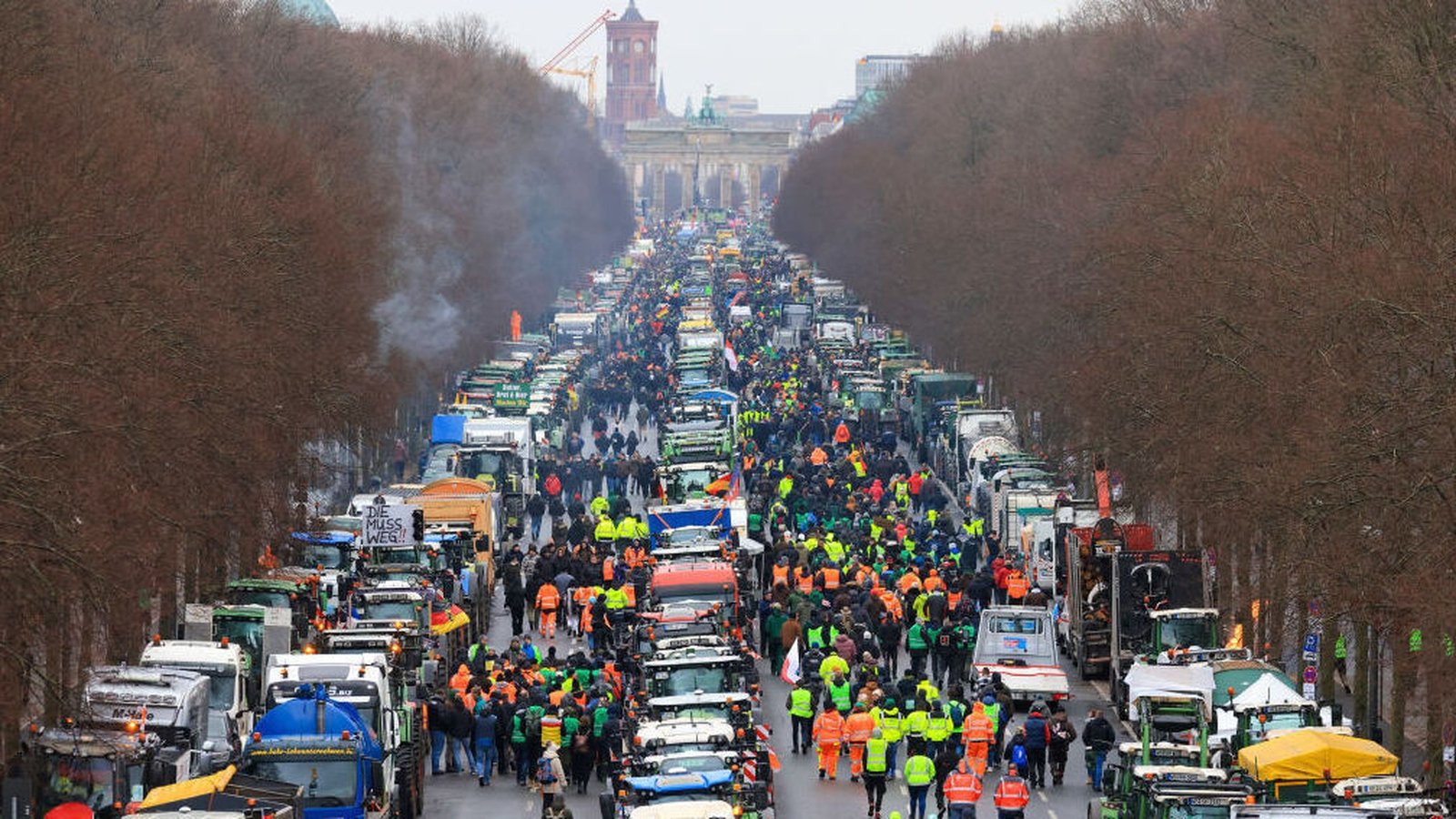
Thousands of tractors and trucks and about 10,000 people blocked the avenue leading to Brandenburg Gate in the German capital of Berlin today capping a week of protests against higher taxes for farmers that have become a flash point for anti-government anger.
Vehicles that arrived overnight from across Germany parked nose-to-tail along the route, and crowds of farmers wrapped up against the cold waved German flags and held up banners marked with slogans including “Without farmers, no future”.
The protests have heaped pressure on German Chancellor Olaf Scholz’s coalition as it struggles to fix a budget mess and contain right-wing groups.
Germany’s Finance Minister Christian Lindner took to the stage today in front of thousands of jeering farmers and told them there was no money for further subsidies.
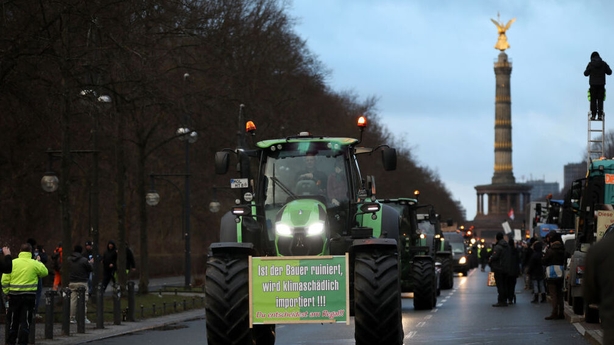
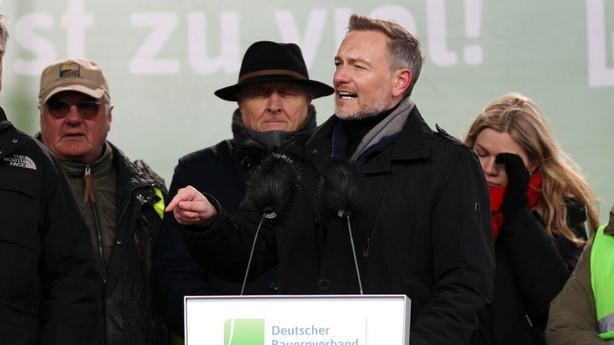
“I can’t promise you more state aid from theGerman Finance Minister Christian Lindneret,” Mr Lindner told the crowd from a chilly stage in front of the Brandenburg Gate.
“But we can fight together for you to enjoy more freedom and respect for your work,” he added.
The protests surged after a government decision to phase out a tax break on agricultural diesel as it tried to balance its 2024 budget following a constitutional court ruling in November that forced it to revise its spending plans.
Faced with a backlash, the government has already said it will maintain a tax rebate on new agricultural vehicles and spread the scrapping of the agricultural diesel subsidy over several years.
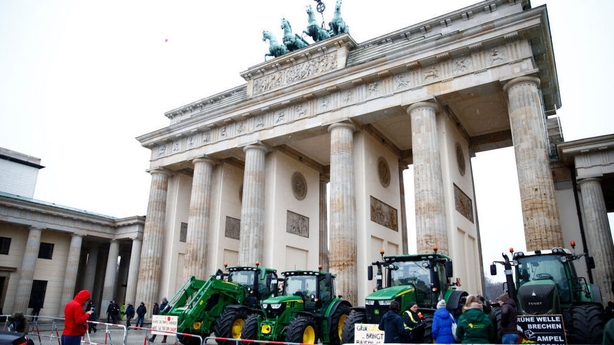
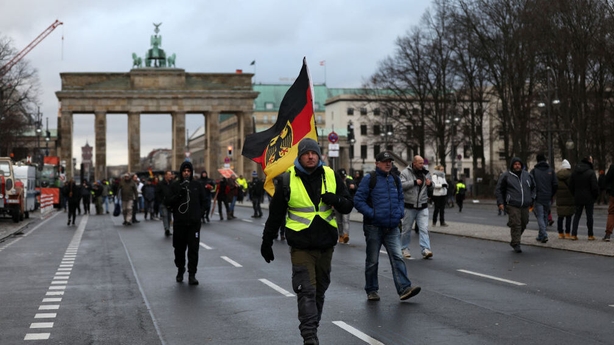
But farmers, with the vocal backing of the opposition conservatives and the far-right, say that is not enough.
“I have respect for every politician who is prepared to come to us,” said Farmers’ Union head Joachim Rukwied, who at one moment had to take the microphone from Lindner and beg the crowd to stop jeering for long enough to listen to him.
“The finance minister is here,” he said. “It makes no sense to boo him.”
The government has taken a conciliatory tone as concern has grown that political debate has become radicalised and demonstrations could turn violent. Protest leaders will meet coalition leaders later this afternoon.
Mr Lindner, describing himself as a lad from the countryside who had mucked out stables in his time, sought, to little avail, to win over farmers by contrasting their peaceful protest in Berlin to the behaviour of climate activists who had sprayed paint on the Brandenburg Gate – “the symbol of German national unity”.
But he said scarce money was needed for long neglected investments in schools and roads and for industrial energy subsidies.
Jeers grew especially loud when Mr Lindner said money was needed because of the war in Ukraine.
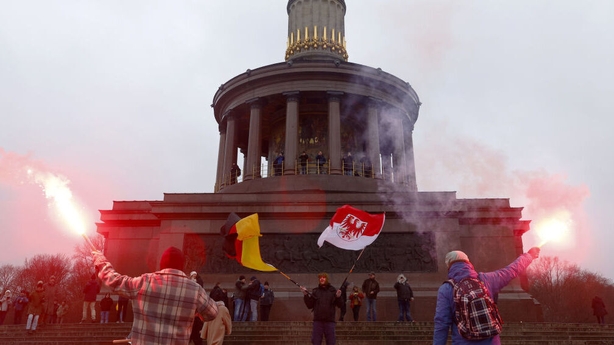
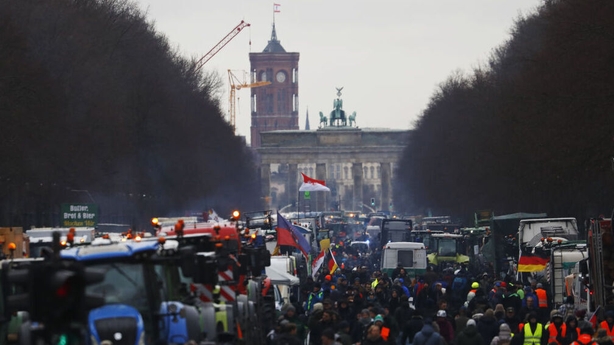
“With the war in Ukraine, peace and freedom in Europe are threatened once again, so we have to invest once again in our security as we used to,” he said.
Vehicles that arrived overnight from across Germany parked nose-to-tail along the route, and crowds of farmers, wrapped up against the cold, waved German flags and held up banners marked with slogans including: “Without farmers, no future”.
The governing parties are divided over how best to meet farmers’ demands.
Agriculture Minister Cem Ozdemir, a Green, has suggested financial rewards for humane animal husbandry, while some Social Democrats want to offer higher produce prices, and Mr Lindner’s Free Democrats want to cut administrative overheads.
Several bus and tram lines closed for the protest, which was patrolled by around 1,300 officers, police said.
Disruption caused by protests and train strikes last week hurt coalition parties in the polls and propelled the far-right Alternative for Germany party to new heights.

